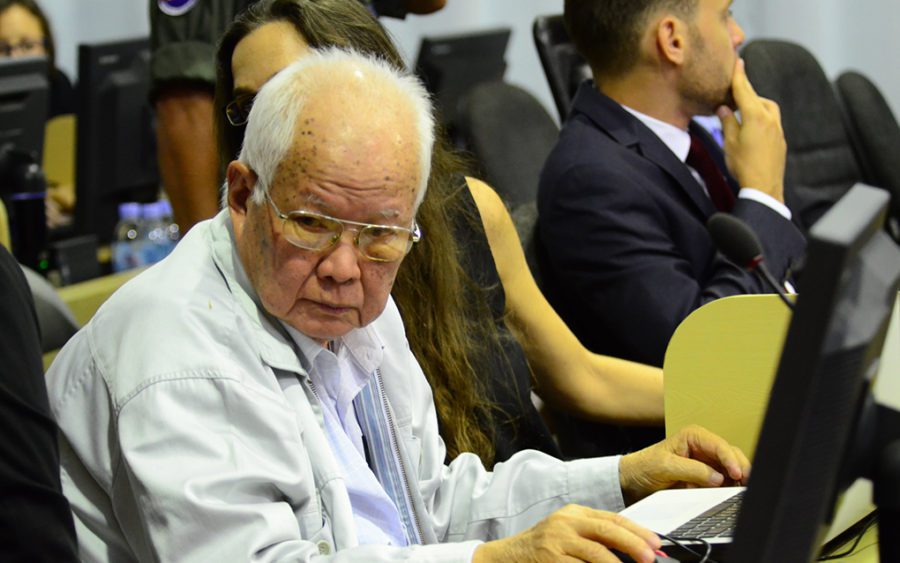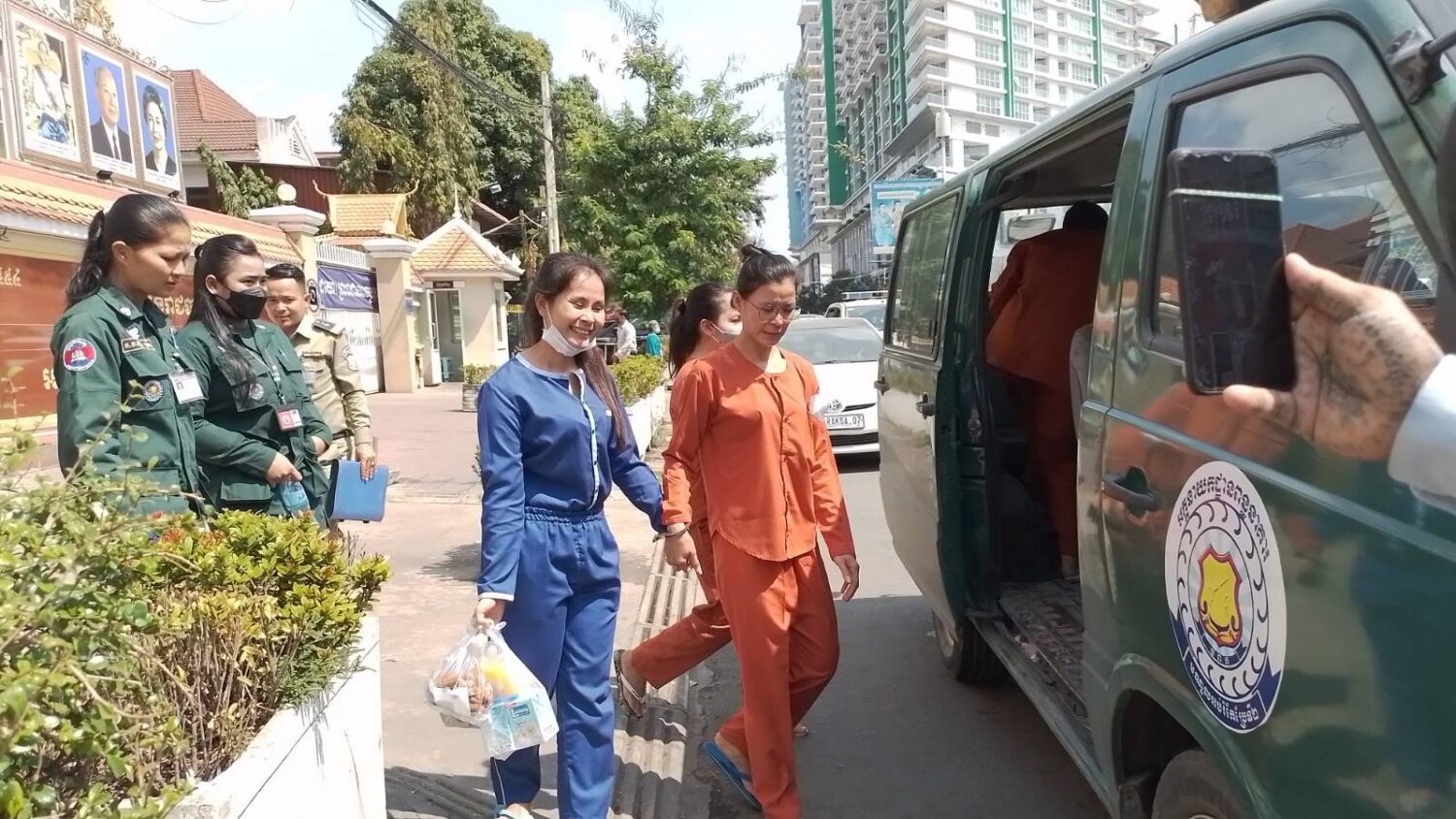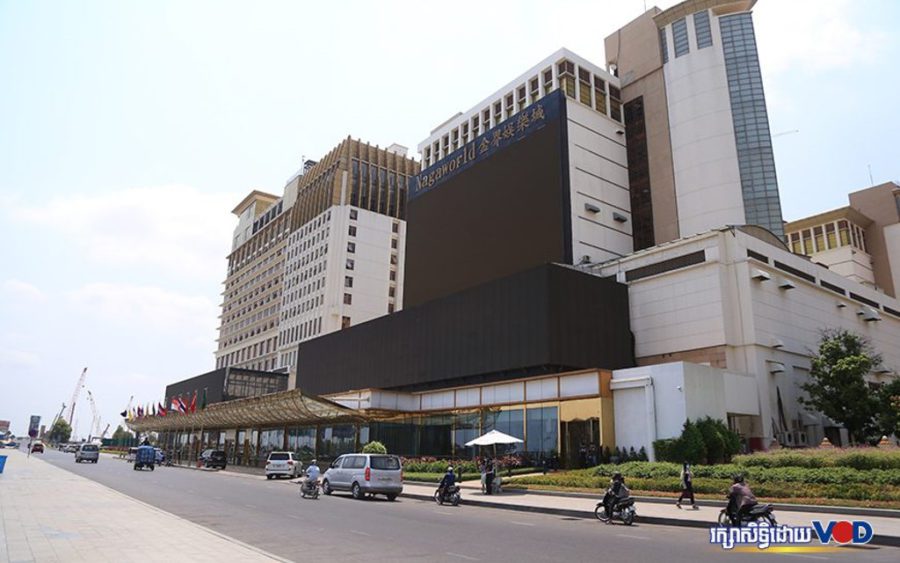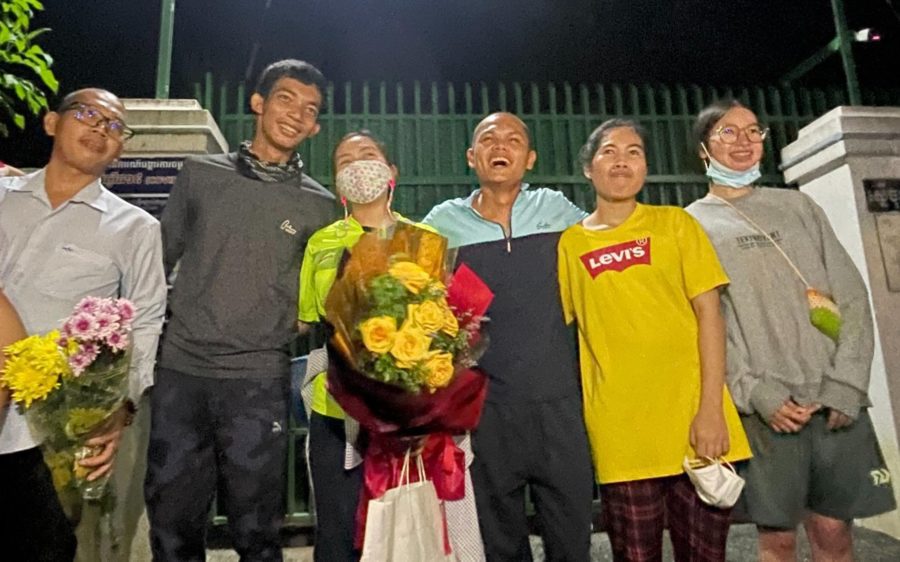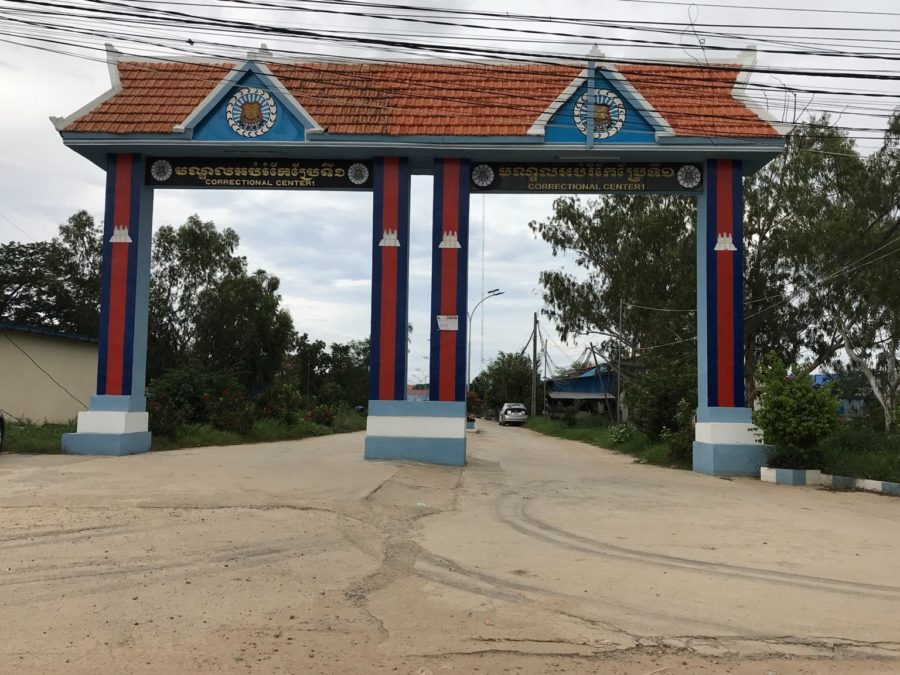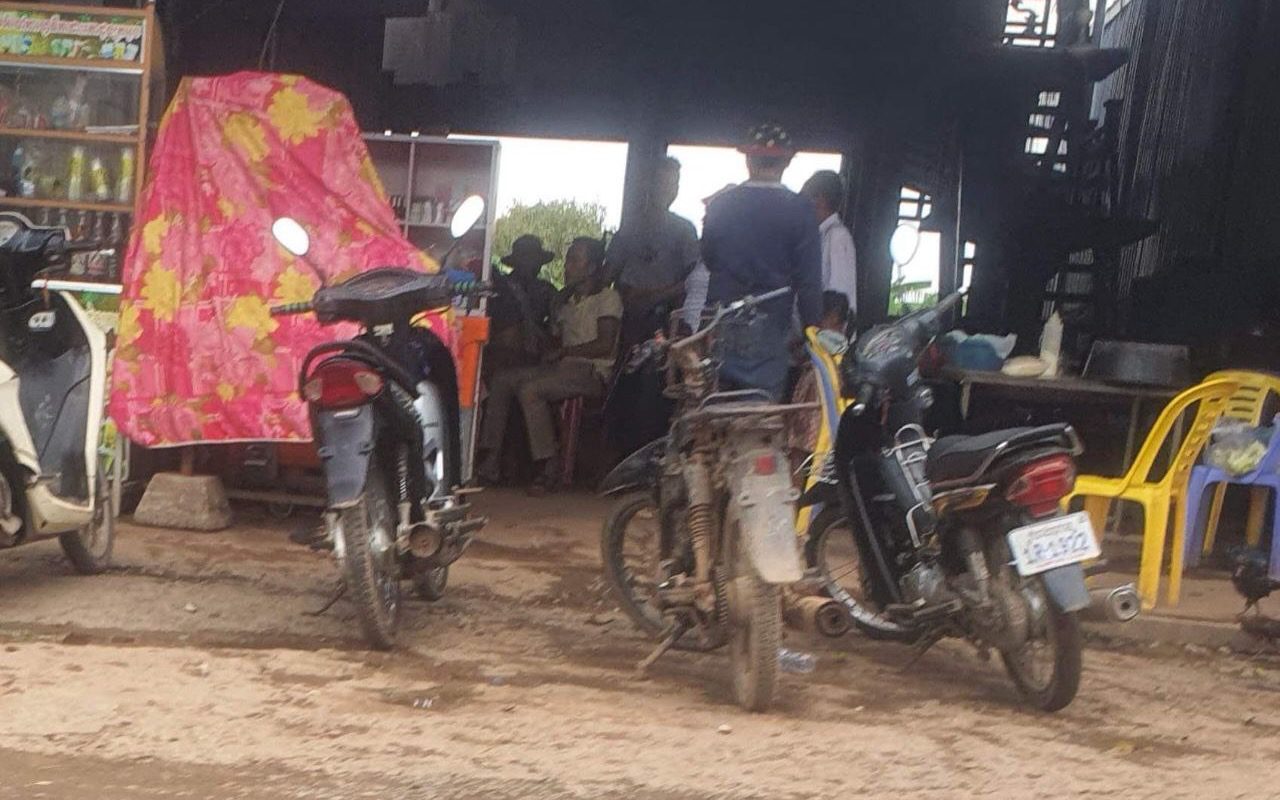Khmer Rouge head of state Khieu Samphan’s lawyers on Tuesday appealed against his convictions for exterminating Vietnamese people as lacking in evidence and the regime’s forced marriages as not policy but isolated violations.
The Khmer Rouge Tribunal’s Supreme Court Chamber has been hearing Samphan’s appeal since Monday. Tuesday’s hearings focused on the grounds of appeal for his 2018 convictions for genocide against Vietnamese people and other crimes against humanity.
Anta Guisse, a defense lawyer for Samphan, argued that even some of the incidents being used as evidence against him showed that forced marriages were not policy.
Guisse raised one case heard during the original trial, in which a woman who resisted a marriage was then raped by a regime guard trying to enforce the union. The incident was an “absolute violation of [Khmer Rouge] marriage regulations that required consent, and rape was absolutely prohibited and frowned upon by the Khmer Rouge,” she said, to argue that forced marriages were not the regime’s policy or Samphan’s responsibility.
“What the chamber considered to be a policy is what we consider to be a [deviation] from the regulations,” Guisse said.
The case’s co-prosecutors, however, argued that the regime’s stated policies were mere propaganda, noting how “the Khmer Rouge propaganda would say one thing to ensure the principle of having courts and observe the rule of law, but the practice of what happened was different.”
Khmer Rouge policy across the country “coerced them to have sexual intercourse with their new spouses,” they argued, while also highlighting Samphan’s stated desire to “protect the Cambodian race.”
Megan Hirst, a lawyer representing the victims, said the defense had shown their disagreement with several findings of the trial chamber, but that was not enough for an appeal — the standard was to show that no reasonable chamber would have come to the conclusions.
One incident of mass killings was substantiated by only one witness who did not directly observe the murder; however, the need for an eyewitness was “at odds with common sense” as there were “often no survivors to mass killings,” Hirst said.
“The only inference available to the trial chamber was those people had been killed,” she said.
Neth Pheaktra, the tribunal’s spokesperson, said on Monday that the appeals considered Samphan’s role as one of Democratic Kampuchea’s top leaders. The appeal hearings, for Case 002/02, was the final portion of Case 002, he said.
Khieu Samphan is now 90 years old, while two others convicted by the tribunal — Nuon Chea and Kaing Guek Eav, known as Duch — have died in detention.


